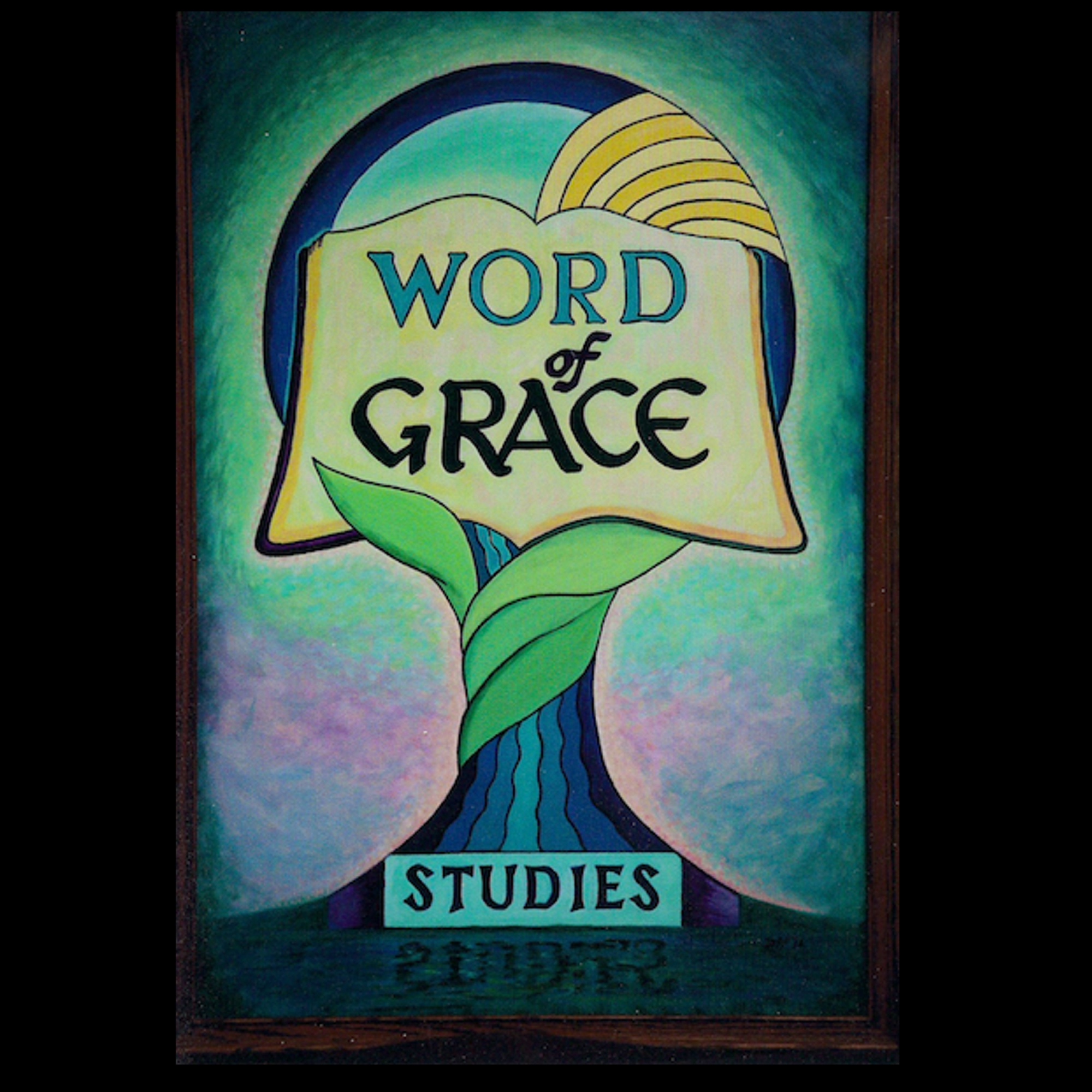2 Corinthians The Christ, A New Creation
Astounded, to God, A Saved Frame of Mind to You, 2 Corinthians 5:13
Astounded – To Stand Out From
The Devout Jews in Jerusalem Hearing the Galileans Speak in Their Dialect, Acts 2:7
Simon the Magician astounding the people of Samaria, Acts 8:9
Simon the Magician’s Seeing the Signs and Wonders Phillip Did in Samaria, Acts 8:13
The Jews with Peter at Cornelius’ House, Acts 10:45
Peter Knocking at the Door of Mary’s House, Acts 12:16
Astounded Is Primarily Used in the Gospels and the Book of Acts
Being Astounded is a feeling or showing of great surprise or wonder
Does not mean to be out of one’s mind
The Jews Concerning Jesus Being Insane, John 10:19-21
Paul Speaking Truth to Festus, Acts 26:24-25
Seeing Something That Blows the Mind
Our Astonishment is Towards God
Towards Others, Having a Sound Frame of Mind, 2 Corinthians 5:13
Having a Saved Frame of Mind
Young Men are to Have a Saved Frame of Mind, Titus 2:6-8
The End is Near So We All Should Have A Saved Frame of Mind, 1 Peter 4:7
The Framing of the Mind is What Boundaries We Set on Our Mind
We Are to Frame Our Minds on The Things Above, Colossians 3:1-2
Not Having a High Frame of Mind Concerning Yourself, Romans 12:3
Having the Same Frame of Mind as Christ, Philippians 2:5-8
What Paul is Expressing to Us is Not Astounding, For With the Holy Spirit We Can Understand
